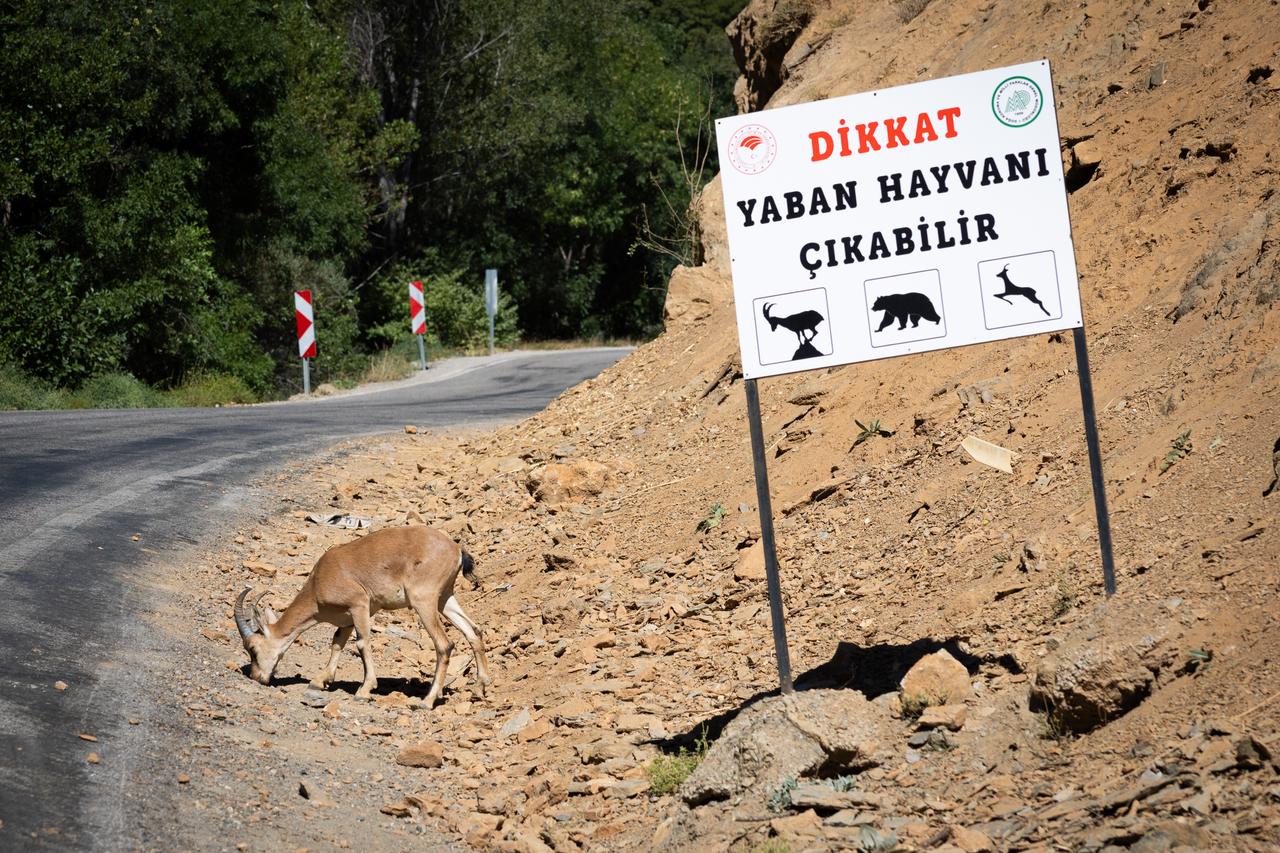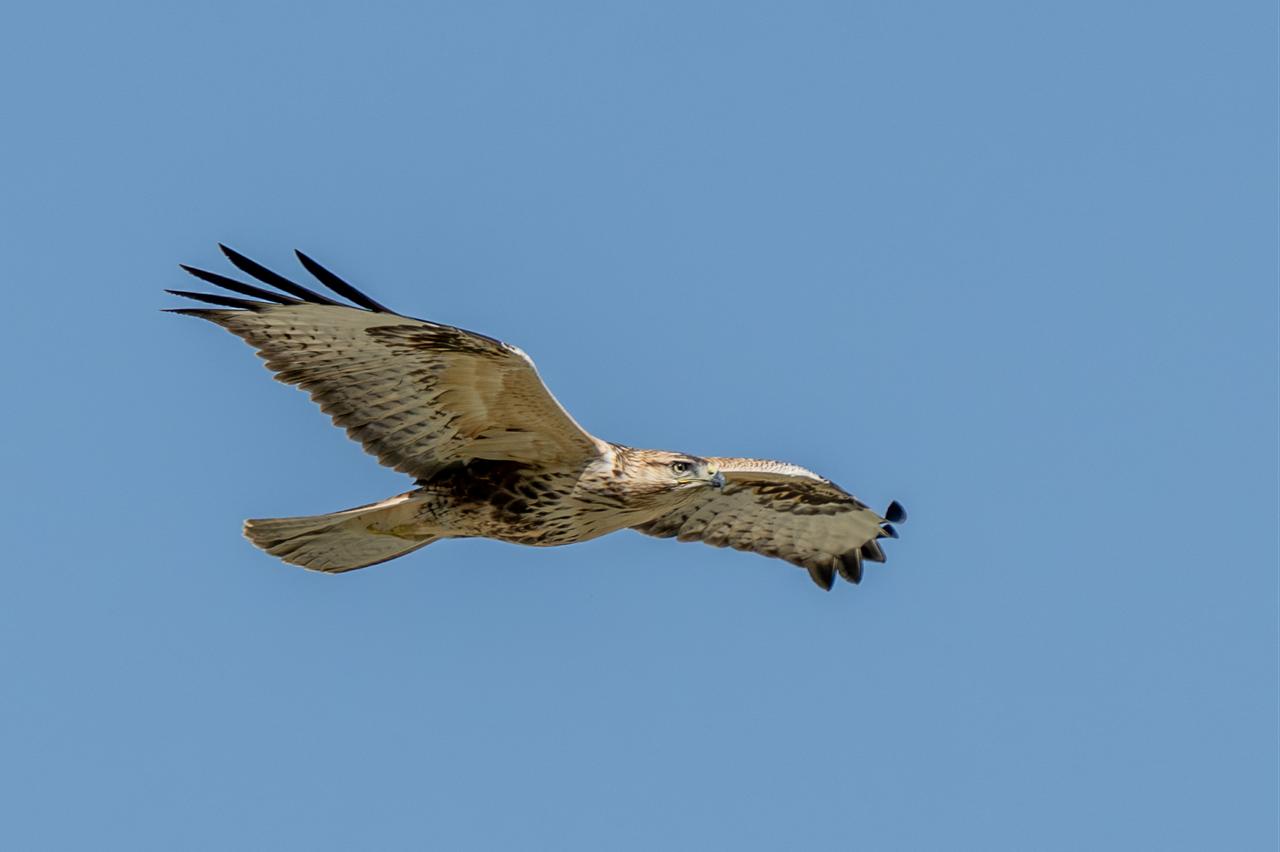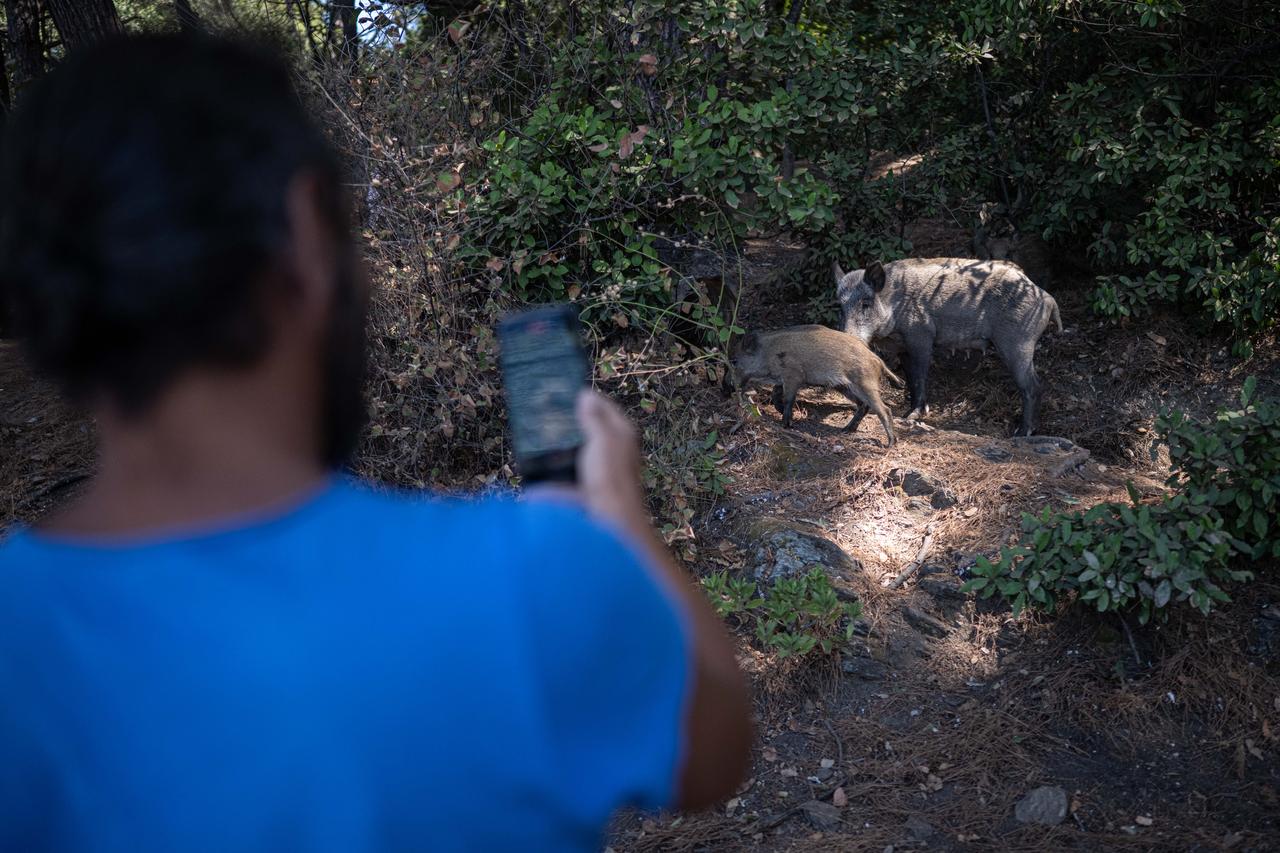
WWF-Türkiye biodiversity expert and veterinarian Ahmet Emre Kutukcu has proposed creating ecological corridors between wildlife habitats to prevent animals from entering urban areas, as habitat destruction forces wildlife into cities across Türkiye.
Population expansion and climate change effects, including reduced food sources, are driving wild animals into cities and agricultural areas with increasing frequency.
"We are destroying and fragmenting wildlife habitats," Kutukcu told a state-run Anadolu Agency (AA) correspondent on Sunday, adding, "If we create ecological corridors between these living areas, we will provide animals with the opportunity to reach different habitats through these corridors."
Kutukcu pointed to escalating habitat destruction through settlement expansion, new road construction and mining activities that disrupt wildlife feeding, sheltering, and breeding activities.
"They have difficulty finding food and accessing water sources, and consequently, they are forced to move from these areas to wider regions. Since settlements and cities also border the surroundings of natural habitats, they inevitably enter cities," Kutukcu explained.
The expert noted that some wildlife species, including hedgehogs and tortoises, maintain resident lives in cities. He cited peregrine falcons as an example of adaptation: "A peregrine falcon nests on top of tall skyscrapers in cities and feeds on pigeons, which are easy prey, while in natural habitats it nests on high cliffs and feeds on other wild birds. So this is somewhat opportunity-related."

Kutukcu warned that people feeding wildlife entering cities could create conflict risks and potentially cause disease transmission to humans.
The lack of protected waste management systems in cities negatively affects animals' feeding habits, he emphasized.
"In areas with open landfills in Türkiye, if there's a nearby bear population, most nights they visit that landfill with their cubs. They're losing their fear of humans and losing their feeding habits in nature. Most human waste is not suitable for their digestive systems. They can also consume plastic waste like bags, which can later cause many complications and health problems."
Wild boars descending into cities, particularly in the Aegean and Mediterranean regions during summer months, are not solely searching for water and food, according to Kutukcu.
"Wild boars don't experience predator pressure while feeding in the city; they begin to see parks and gardens as areas where they can safely shelter, sleep and feed their offspring. In this sense, these places become attractive," he said.

Kutukcu identified habitat fragmentation as the biggest factor preventing wildlife from feeding and sheltering, stating that ecological corridors between living areas would provide animals with access to different habitats.
"Of course, these corridors need to be built based on scientific foundations and data. Interventions that will increase food opportunities in animals' natural habitats and increase biological diversity would also be effective," he said.
Emphasizing that urbanization and destruction of agricultural and natural areas will continue, Kutukcu added that viruses carried by wildlife entering cities also cause financial losses and health risks.